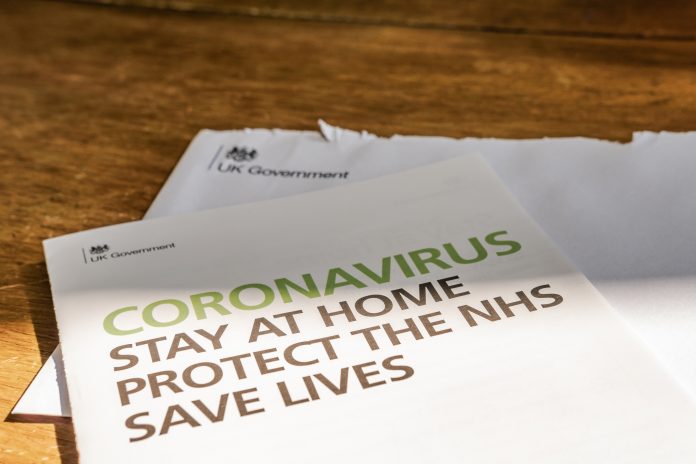Nadine Smith, UK Director, Centre for Public Impact, explores why the Government must learn to listen to the communities they so desperately want to share public health information with
Throughout the pandemic, much thought has gone into how to reach people with the health messaging vital to our collective safety. Communications in myriad languages have been produced. Advertising campaigns have landed on bus stops, in podcasts, at train stations. Simple yet effective three-part phrases have been drummed into us, becoming mottos to accompany this year’s strange arc.
Both local and national governments have carried out herculean efforts to reach people. But with so much to be done, so many difficult decisions to be made and so many needs growing greater by the day – are we spending enough time listening to the communities we so desperately want to reach?
Learning to listen
In October, my organisation Centre for Public Impact published a report, in partnership with the charity Changing Lives, called Learning to Listen Again: How people experiencing complex challenges feel about engagement and participation through the Covid-19 pandemic. This report is the first phase of ongoing research in which we speak and listen to people experiencing things including but not limited to homelessness, exclusion, and the criminal justice system. What we learnt challenged all our assumptions about people’s experiences of the pandemic, and how they want government not just to ‘reach’ them, but to actively listen to them.
Before sharing insights from this research, I wish to clarify something. Those experiencing these challenges are often dubbed ‘hard to reach’, which is something of a maxim for our times. But it is also an indictment of our very society and governance. No person or community is ‘hard to reach’, they just haven’t been engaged within the right way yet. A term infinitely preferable is thus ‘seldom heard’, as it shifts the onus of responsibility away from the individual, and onto those who seek to engage with them.
When we listened to seldom heard individuals, we found that levels of trust in local services were very low. People felt judged for how they were coping with the pandemic and feared interventions, knocks on the door and even phone calls. They turned instead to the circles of trust with whom they had contact prior to the pandemic. These circles were vital in the first wave in providing information and advice on the ever-changing situation. We heard that relationships grew and enabled people to make positive decisions for themselves.
This is essential to understand. As the pandemic and its economic and social effects roll on, both central and local governments must seek to genuinely understand the impact on residents – particularly those experiencing complex challenges. The imperative is not just moral – effective service commissioning and provision, local partnerships and the legitimacy of decisions rely on it too. But how can governments listen to residents while in full swing of pandemic response? And what value does it have?
Our research suggests the very action of being listened to provides immense benefits. For many of our research participants, a sense of freedom and trust was experienced just by being heard and asked how they were. Action or additional referrals were not necessarily needed if this first vital step was undertaken, and undertaken properly.
Again, this is vital. Listening must never be a tick box exercise. Formulaic engagements or a top down approach can, and often do, affect more harm than good, causing people to disconnect from further interactions. Equally, being listened to must lead to something – people don’t want a forum for their opinions, ideas or grievances if nothing comes from it afterwards.
Listening must be part of governments’ daily practices. It must not be used intermittently for blame or accountability, but as a constant practice for learning and adapting services to meet ever changing needs. These ideas came up at a recent event we held as part of the OECD #GovAfterShock series, in which it was heartening to hear civil society organisations across the nation embracing and advocating for listening. And these civil society organisations who already have relationships with the seldom-heard are those who should be entrusted to carry out the listening we need. They must be given the space and the autonomy to work with the people they know in the ways they recognise are best – conducting active, deep listening which costs little yet can inform insights which transform the planning of support and services.
As hardships increase over winter and into the new year, there is an urgent need to listen again and enable those who have trust and connections to build on them. Relationships matter now, perhaps more than ever, and will be crucial to managing public health and the increasingly overstretched NHS’s resources during winter. Listening to residents – this simple, yet overlooked task – could hold the key to our pandemic response and our later recovery.




![Europe’s housing crisis: A fundamental social right under pressure Run-down appartment building in southeast Europe set before a moody evening sky. High dynamic range photo. Please see my related collections... [url=search/lightbox/7431206][img]http://i161.photobucket.com/albums/t218/dave9296/Lightbox_Vetta.jpg[/img][/url]](https://www.openaccessgovernment.org/wp-content/uploads/2025/04/iStock-108309610-218x150.jpg)






